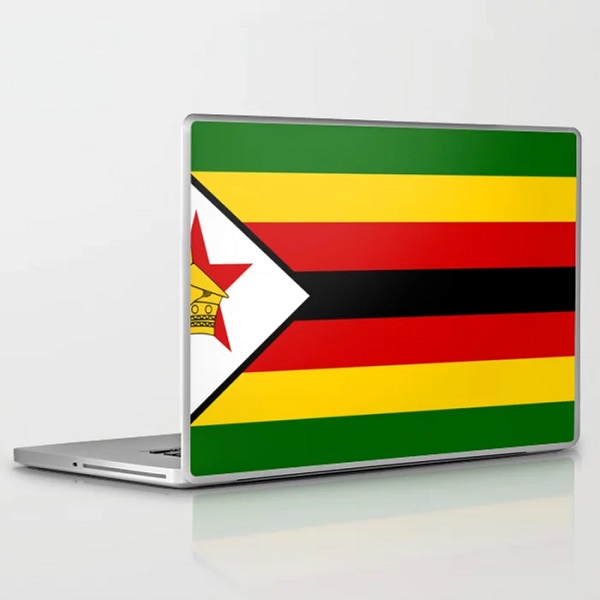Did Mugabe set a precedent for ICT management in Zimbabwe?
Did Mugabe set a precedent for ICT management in Zimbabwe?

Former Zimbabwe leader Robert Mugabe, who oversaw a crackdown on social media freedoms but also spoke highly of the usefulness of technology, has died. He was 95.
Mugabe leaves behind an ICT sector in Zimbabwe that is beginning to galvanise the economy, but remains a cause for concern – especially regarding regulation and social media freedoms.
After Mugabe left office in 2017, concerns remain about the new administration's tendency to contain dissent and to crackdown on internet freedoms.
Earlier this year, Emerson Mnangagwa's administration cut the internet during deadly protests sparked by a massive rise in fuel prices. A local court later ruled that the termination of internet connectivity was unlawful.
But there are signs of growth within the country's telecoms sector with infrastructure sharing - mostly mooted under Mugabe - now a reality, and a significant push for data roll-over in the mobile telecoms industry.
Econet founder Strive Masiyiwa has previously expressed frustration over the challenges to secure a licence under Mugabe's administration, and the company has now made significant strides and is mobilising FinTech, digital finance and other value-added services.
Under Mugabe, the government secured majority control in Telecel, although the circumstances around the deal with VimpelCom have become controversial, with the government refusing to release the agreement of sale to parliament.
However, he will be remembered for poor economic and populist economies that drove Zimbabwe's economy down. These included policies on the ICT sector, which saw him create a Cyber Security Ministry in 2017.
"We have set up the Cyber Security Ministry to build our own cyber systems to defend ourselves from cybercrime. We are aware that there are some people who use the internet to fight us and implement what they say is regime change," Mugabe said in 2017.
He did also refer to usefulness of social media and ICT, highlighting in the same year that "computers for many things to promote development" although he was concerned that computers can also "be used to cause disharmony" within society.
He also oversaw the establishment of community information centres for use by rural communities.
Mnangagwa has continued with the roll out of these centres under the auspices of the Posts and Telecommunications Regulatory Authority.
Trending on social media
Mugabe trended on Twitter and other social media platforms in November 2017 when he resigned from power after a military siege that helped his successor, Mnangagwa into power.
On Friday 6 September 2019, a few hours after his death was announced, Mugabe was already trending.
Mugabe was so popular on the internet that there were fake quotes attributed to him on social media platforms about a range of topics, including Donald Trump, relationships and philosophy.
But perhaps he will be remembered the most for numerous court cases in which people were charged for insulting him.
In 2016, a 46 year-old Nyanga man, Ernest Matsapa, was charged for "criminal nuisance" under 46 (2) (v) of the Criminal Law (Codification and Reform) Act Chapter 9.23 for allegedly "unlawfully and intentionally sending an audio and visual message on WhatsApp social media network platform group".
It was alleged that he said in the audio message that Mugabe was old, incapacitated and a burden for the nation.